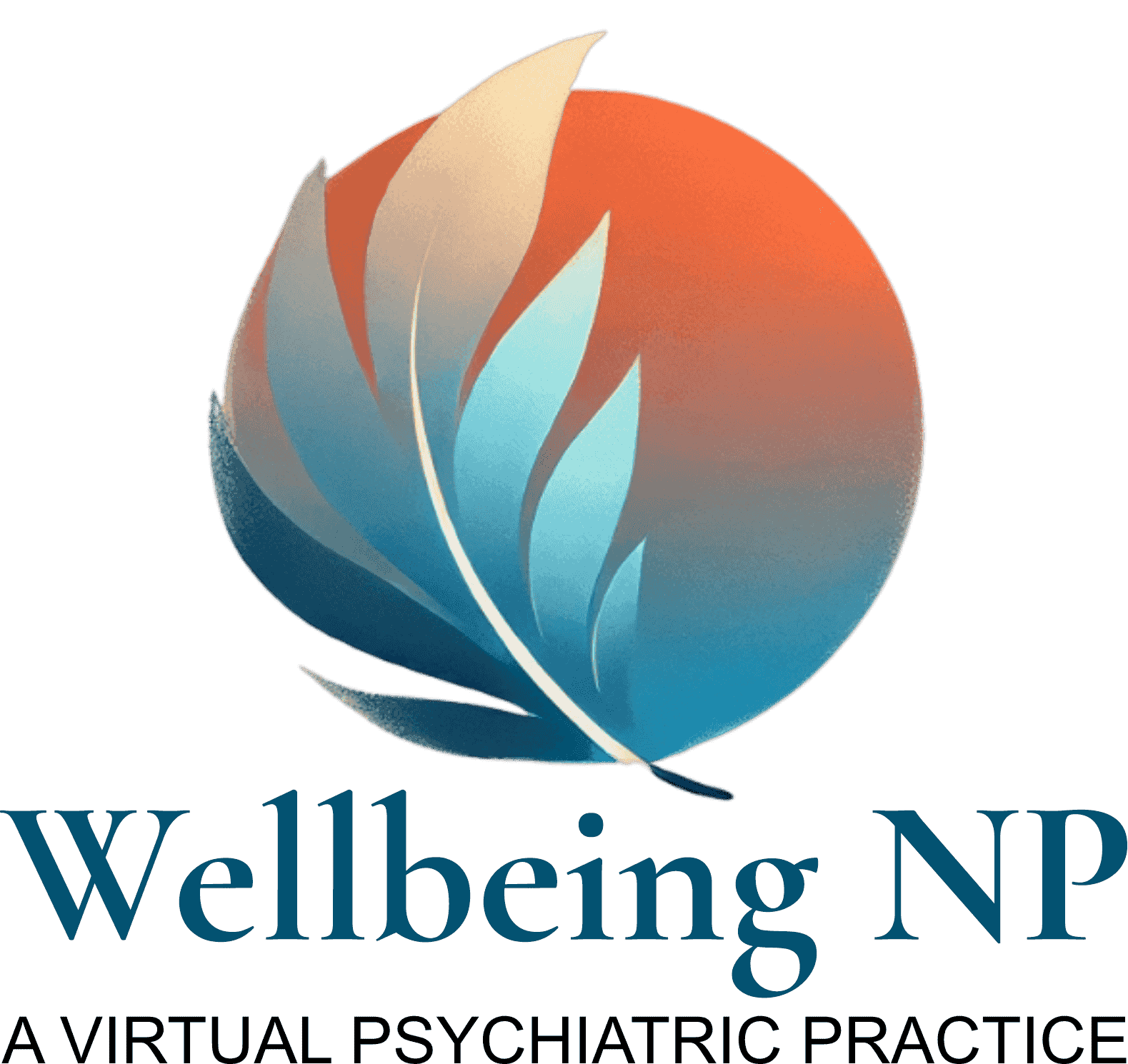
Thinking about starting ADHD medication as an adult? You’re not alone — and you’re not wrong to have questions.
For many high-performing adults, especially those who’ve built workarounds their whole lives, the idea of starting medication can feel… intense. You may be asking:
- Will it change my personality?
- Will I feel like a zombie?
- Is this addictive — am I about to become dependent on something?
Let’s set the record straight. Here’s what you can actually expect when starting ADHD medication as an adult — no hype, no scare tactics.
What Actually Happens
Starting ADHD meds isn’t a magic switch. It’s a guided process — and ideally, one that you and your provider walk through together.
Most adults begin with a low dose, especially if it’s your first time trying medication. From there, your provider will gradually titrate the dose (meaning increase it in small steps) based on your response.
Together, you’ll track:
- Focus and concentration
- Energy levels
- Mood and emotional stability
- Sleep quality
- Appetite and physical side effects
You might not notice changes overnight — and that’s okay. Meds are a tool, not a superpower. When they work well, they support your natural strengths and quiet the noise that gets in the way.
Stimulant Options: Adderall, Vyvanse, and More
Stimulants are the most commonly prescribed ADHD meds, and for many adults, they’re highly effective.
These medications can:
- Sharpen focus
- Improve task initiation and follow-through
- Reduce mental chatter and restlessness
- Help with emotional regulation
There are both short-acting and long-acting versions:
- Short-acting stimulants may wear off in 4–6 hours and are sometimes used twice a day.
- Long-acting versions like Vyvanse or Adderall XR last 10–12 hours, often covering a full workday.
Non-Stimulant Options: Strattera, Wellbutrin, and Others
If you’re dealing with anxiety, have a history of stimulant sensitivity, or simply prefer a more gradual approach, non-stimulants might be a better fit.
These medications:
- Tend to have a slower onset (2–4 weeks to build effect)
- Often help with focus and mood
- Are not controlled substances, so there’s no concern about dependency
Some adults even do well on a combination — like a non-stimulant for baseline support and a stimulant for situational tasks.
Possible Side Effects
As with any medication, side effects can happen — but they’re usually mild and manageable, especially when started slowly.
Common ones include:
- Reduced appetite
- Mild insomnia, especially at the beginning
- Slight increase in heart rate or blood pressure
- Dry mouth or headaches
Most of these side effects fade as your body adjusts. Communicating with your provider early and often makes a big difference — this is not a “set it and forget it” kind of treatment.
What Helps the Meds Work Better
Medication works best as part of a comprehensive approach. That doesn’t mean you need a full lifestyle overhaul, but some habits make a huge difference in how well the meds support you:
✅ High-protein breakfast – Avoid taking meds on an empty stomach
✅ Limit caffeine – Too much can spike anxiety or worsen sleep
✅ Movement breaks – Especially in the morning to activate dopamine pathways
✅ Structured daily routine – Keeps the brain from switching into panic/procrastination mode
✅ Supplements like Magnesium Glycinate or L-Theanine – Help with calming the nervous system
Think of medication as the foundation — and your habits as the structure you build on top.
The Goal Isn’t to Change Who You Are
This is the part most people misunderstand.
ADHD meds aren’t about turning you into a productivity robot or muting your personality. They’re about removing the barriers that keep your unique brain from functioning at its best.
You’ll still be you — just more clear-headed, more balanced, and more in control.
Ready to talk options? I help adults in Georgia find focus with or without medication.
Let’s build a plan that works for your brain, your goals, and your life.
👉 Book a consult here








